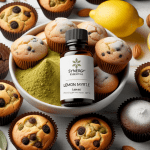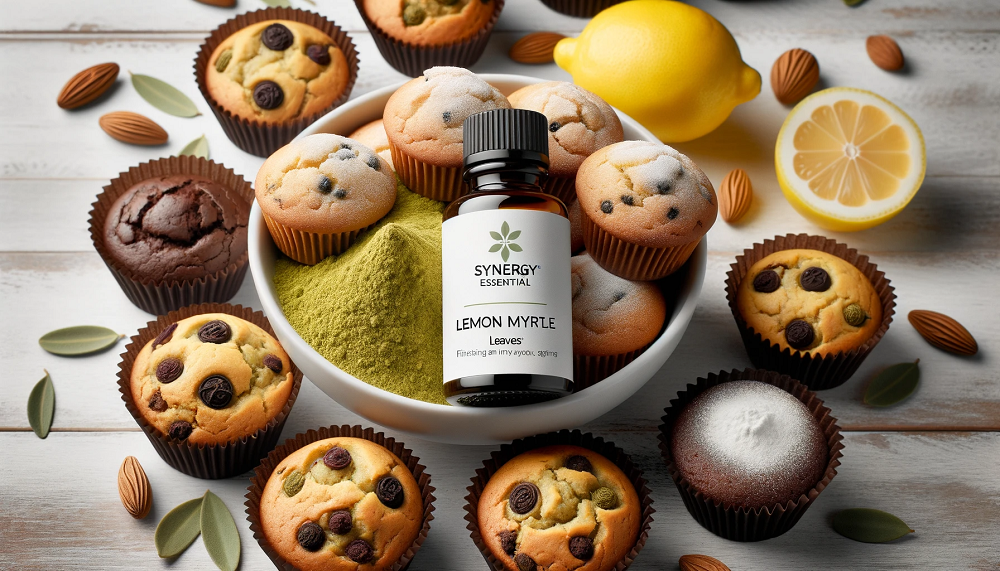- Manuka honey’s antibacterial power comes from methylglyoxal (MGO), unique to New Zealand’s Manuka flowers.
- Recent 2025 research explores potential roles in cancer prevention and therapy, but evidence is still emerging.
- Different grades and UMF ratings can affect potency and optimal applications.
- Not just for wellness—also enjoyed in culinary creations and skincare routines.
What It Is and Why It Matters Now
Manuka honey is derived from the nectar of the Manuka bush (Leptospermum scoparium), native to New Zealand. Unlike other honeys, it contains methylglyoxal (MGO) in significant concentrations, widely studied for its antibacterial activity. According to BBC Health, Manuka honey continues to draw scientific attention in 2025 for its potential applications in wound care and as a natural antimicrobial agent. A 2024 update from Healthline also highlights growing research into its anti-inflammatory and anti-cancer properties.
Benefits and Evidence
Manuka honey’s key active, MGO, gives it potent antibacterial capability. Laboratory studies have demonstrated its ability to inhibit a wide range of bacteria, including some resistant strains. Recent preliminary research in 2025 has also examined its role in supporting cancer therapy and prevention strategies. However, these findings remain in early stages, and there is no conclusive proof that Manuka honey can treat or prevent cancer in humans.
Other documented benefits include:
- Supporting wound healing when applied topically under professional supervision.
- Soothing sore throats and mild coughs.
- Providing antioxidants that may help reduce oxidative stress.
Limits and safety: Manuka honey is high in natural sugars and calories; it may not be suitable for infants under 1 year and requires caution for those with diabetes or allergies to bee products.
How to Use
Manuka honey can be enjoyed straight from the jar or incorporated into wellness and culinary routines. Heat can reduce its active compounds, so add it to warm—not boiling—liquids.
| Form | How to Use |
|---|---|
| Raw Manuka Honey | Spread on toast, blend into smoothies, or take a teaspoon daily. |
| UMF-rated Honey | Used for targeted wellness routines; higher UMF indicates higher MGO. |
| Manuka Honey Skincare | Apply in formulated creams or masks for hydration support. |
Quality and Sourcing
Look for UMF (Unique Manuka Factor) or MGO certification on the label. This confirms authenticity and potency. Reputable suppliers provide traceability back to New Zealand beekeepers. At Synergy Essential, we partner with certified producers, conduct independent lab testing, and ensure sustainable, ethical beekeeping practices so every jar meets high purity and potency standards.
Frequently Asked Questions
What makes Manuka honey different from regular honey?
It contains methylglyoxal, which gives it stronger antibacterial properties.
Is Manuka honey safe for daily consumption?
For most adults, moderate consumption is safe, but it is high in sugar.
Can it replace antibiotics?
No. While antibacterial, it should not replace prescribed medications without medical oversight.
How should I store Manuka honey?
Keep in a cool, dry place away from direct sunlight; no refrigeration needed.
What does UMF mean?
UMF stands for Unique Manuka Factor, a grading system that reflects the honey’s potency and authenticity.
Disclaimer
This article is for informational purposes only and not intended as medical advice. Always consult a qualified health professional before making changes to your diet, especially if you have health conditions.
Conclusion
Manuka honey’s distinctive antibacterial profile and evolving scientific research make it a fascinating addition to the wellness conversation in 2025. While its healing properties are promising, they work best within a balanced, informed approach to health. For more insights and resources, visit the Synergy Essential Wellness Blog.

